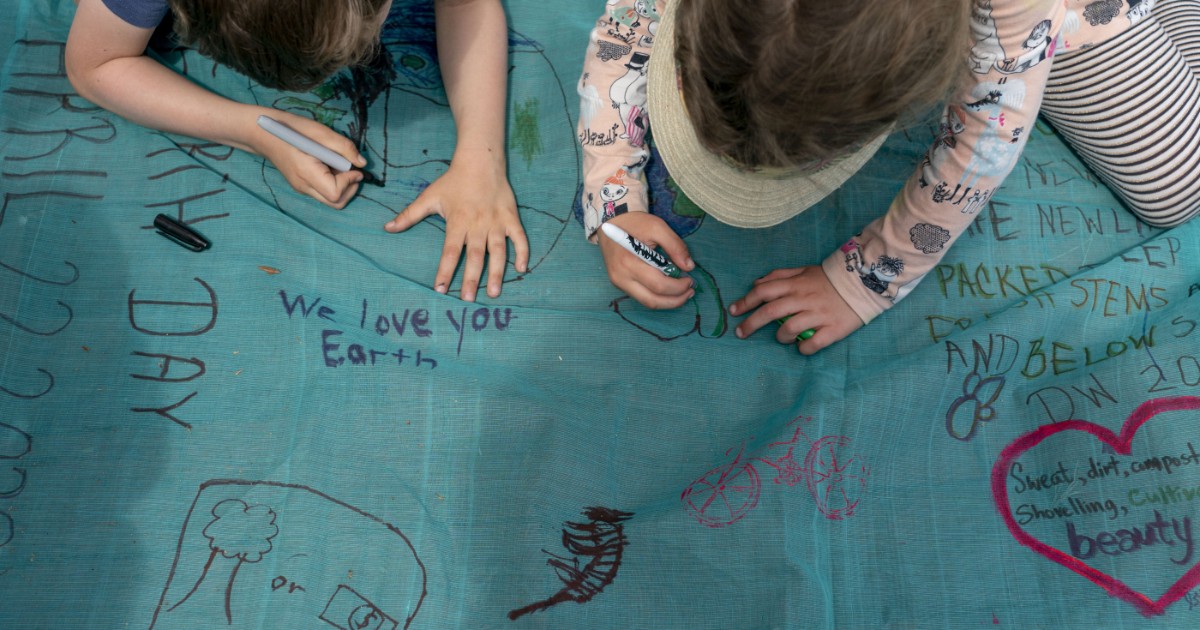
What’s Left to Celebrate This Earth Day?
Today, as we mark another Earth Day—its 55th edition—it’s hard not to wonder: what is there left to celebrate? Honestly, it feels more like a day of mourning than of festivity. This day, once born out of a wave of hopeful activism and genuine concern for our planet, now drifts past us like a forgotten echo, barely noticed, let alone honored.
In 1970, Earth Day was revolutionary. Twenty million Americans—ten percent of the population—took to the streets. Students, scientists, and politicians alike rallied under a shared banner of environmental awareness. It was a powerful display that sparked the creation of the Environmental Protection Agency and set the foundation for countless international agreements. The world, back then, felt like it had decided to care.
Fast forward to 2025, and it feels like that spirit has evaporated. We’re now living in a time where the environment is routinely sacrificed on the altar of geopolitical chaos and economic expediency. Two ongoing wars—in Ukraine and Gaza—have consumed global attention and drained public funds. The very same countries that pledged billions to green transitions now funnel those resources into military spending. The European Union, once a vocal advocate of the Green Deal, suddenly finds €800 billion for rearmament, but struggled for years to allocate anything near that for renewable energy or biodiversity.
Meanwhile, climate denialism is back with a vengeance. Donald Trump openly mocks the science he once dismissed, gutting environmental protections and undermining climate institutions like the EPA and NOAA. Even the Internet, a tool that could empower with truth, is flooded with fake news that drowns out data, reason, and urgency.
Also Read:- Earth Day at 55: A Legacy of Action, A Call for Renewed Commitment
- Tina Knowles Unveils Her Legacy in New MemoirMatriarch
And where is the public outcry? Where is today's Senator Nelson, or twenty million voices rising in unison? Even the brief momentum of Greta Thunberg and Fridays for Future seems to have waned under pressure from laws that criminalize peaceful protest in the name of "security."
What makes this year even heavier is the loss of Pope Francis—a rare moral voice in the climate fight. Unlike many global leaders, he didn’t just talk the talk. A former chemist, he understood the science. He listened to experts. His encyclicals Laudato Si’ and Laudate Deum weren’t just religious texts; they were climate manifestos. He spoke about climate change not as an abstract issue, but as a moral and existential one. And yet, even in the hours after his death, his environmental legacy was barely acknowledged. His warnings were silenced beneath platitudes about charity and faith.
Today, we live in a world where six out of nine planetary boundaries—those critical thresholds our planet must not cross—have already been breached. We are speeding toward a cliff, with dashboards flashing red, while our pilots argue over politics and profit. And yes, we have the technology, the data, the solutions. But not the will.
So what’s left to celebrate? Honestly, not much. Perhaps only this: the stubborn hope that someone, somewhere, still cares. That even if it’s just a whisper now, the spirit of Earth Day is not entirely dead. But if we don’t act soon, even that whisper may fade into silence.
Read More:

0 Comments